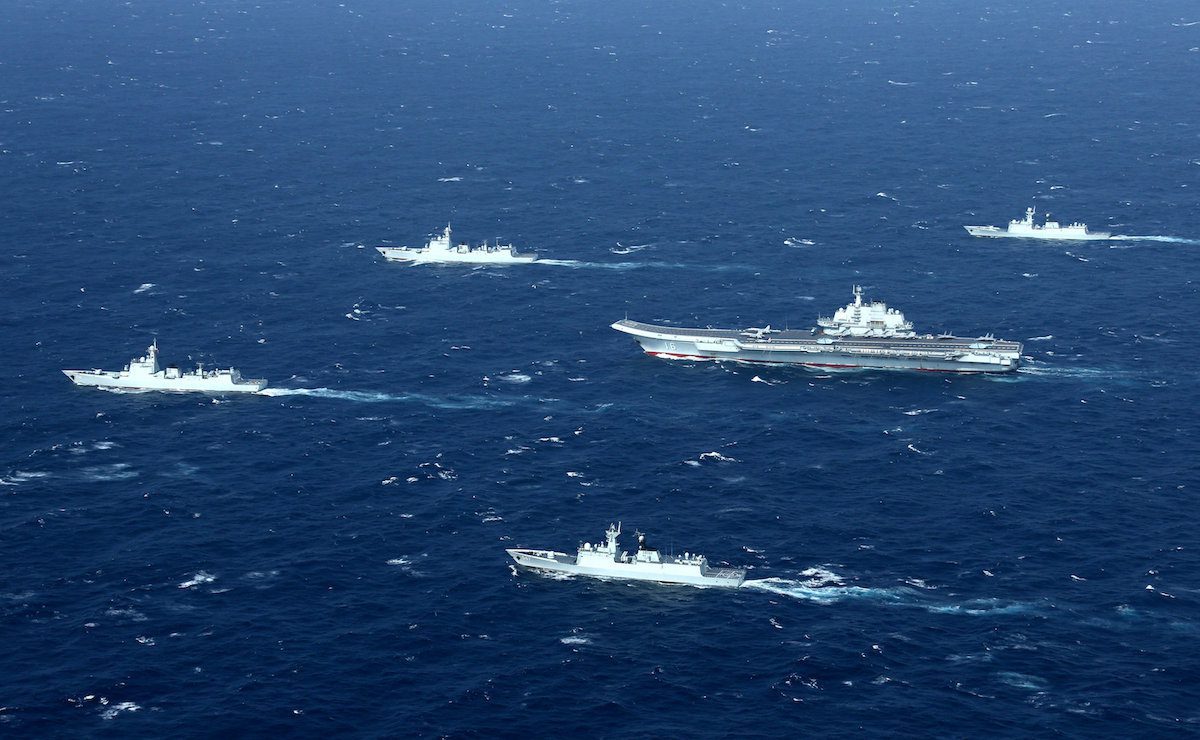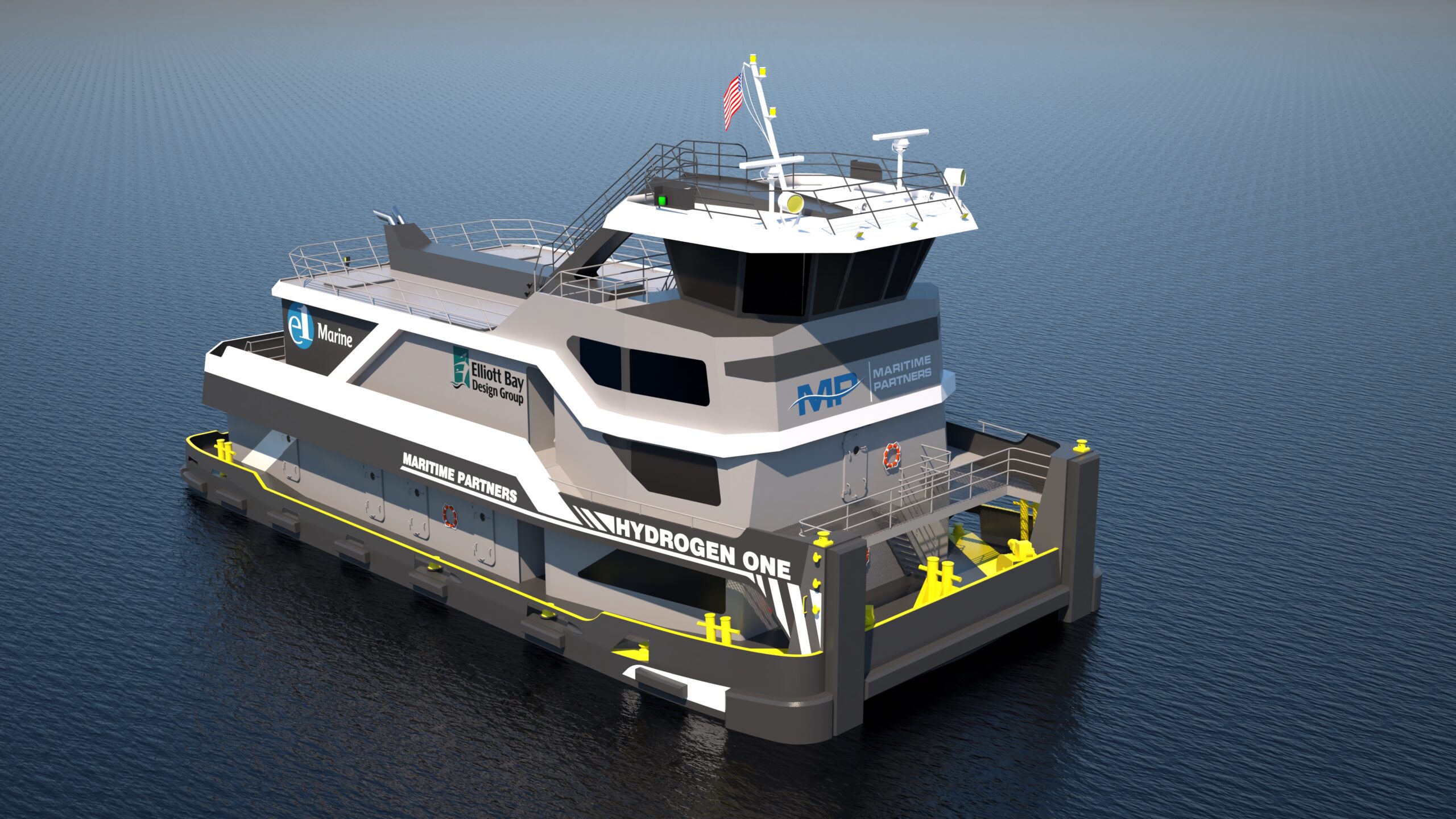China’s Liaoning aircraft carrier with accompanying fleet conducts a drill in an area of South China Sea in this undated photo taken December, 2016. REUTERS/Stringer
 By Michael Martina BEIJING, Nov 3 (Reuters) – China hopes the United States can “help and not cause problems” in the disputed South China Sea, a senior Chinese diplomat said on Friday ahead of next week’s visit to Beijing by President Donald Trump.
By Michael Martina BEIJING, Nov 3 (Reuters) – China hopes the United States can “help and not cause problems” in the disputed South China Sea, a senior Chinese diplomat said on Friday ahead of next week’s visit to Beijing by President Donald Trump.
The United States has criticised China’s construction of islands and build-up of military facilities in the sea, and is concerned they could be used to restrict free nautical movement.
U.S. Navy ships have also carried out freedom of navigation patrols in the area, angering China.
Speaking to reporters about Trump’s trip, Chinese Vice Foreign Minister Zheng Zeguang said China has indisputable sovereignty over islands and surrounding waters in the South China Sea.
The essence of the South China Sea problem is some regional countries’ illegal occupation of some of China’s islands and reefs, Zheng said, adding China was willing to resolve issues peacefully through talks with countries directly involved.
“The South China Sea issue isn’t an issue between China and the United States,” he added.
“We hope that as an external party, the United States can plant more flowers and fewer thorns, help and not cause problems”.
Zheng said he said he hoped the United States could objectively view the positive developments in the South China Sea and respect efforts by China and Southeast Asian countries to safeguard peace and stability there.
There is no issue with freedom of navigation in the South China Sea and China opposed any parties using it as an “excuse” to harm China’s sovereignty and security interests, he added.
The Trump administration has vowed to conduct more robust South China Sea operations.
China’s claims in the area, through which about $5 trillion in ship-borne trade passes each year, are contested by Brunei, Malaysia, the Philippines, Taiwan and Vietnam.
Speaking earlier in the day, another senior Chinese diplomat said China and Vietnam have agreed to manage their dispute in the South China Sea through friendly talks, following an ugly spat over the summer between the two communist neighbours.
The countries have long been at loggerheads over the issue, with Vietnam having emerged as the most vocal opponent of China’s claims to the majority of the regional sea.
A scheduled meeting between their foreign ministers in August was cancelled on the sidelines of a regional gathering in Manila amid an argument about militarization in the South China Sea and island-building.
Hanoi and Beijing, however, have sought to get relations back on track, with a top Chinese leader telling his Vietnamese hosts in September that their two communist parties have a “shared destiny”.
Speaking before Chinese President Xi Jinping goes to Vietnam next week for a state visit and to attend a summit of Asia Pacific leaders, Chinese Assistant Foreign Minister Chen Xiaodong said leaders of the two countries have had many “deep, frank” discussions on maritime issues.
“They reached an important consensus,” Chen told a news briefing.
“Both sides will uphold the principle of friendly consultations and dialogue to jointly manage and control maritime disputes, and protect the bigger picture of developing Sino-Vietnam relations and stability in the South China Sea.” (Reporting by Michael Martina in BEIJING and Mai Nguyen in HANOI; Writing by Ben Blanchard; Editing by Tom Hogue and Kim Coghill)
(c) Copyright Thomson Reuters 2017.

 Join The Club
Join The Club











